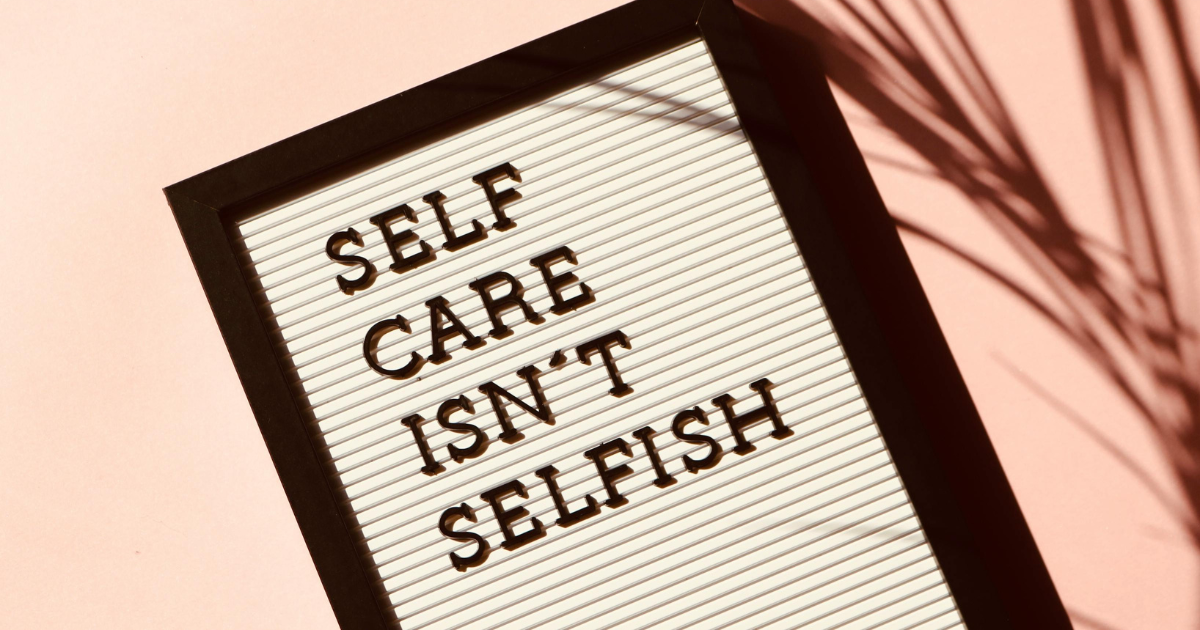Emotional management is of utmost importance in today’s fast-paced and high-stress world. Many people really suffer from stress, anxiety, and emotional regulation. These manifestations significantly affect mental wellness and also severely affect interpersonal relationships. Yet, one magical quality that helps with all of this is Emotional Intelligence (EI).
But What Is Emotional Intelligence, and Why Does It Matter for Mental Health?
Emotional Intelligence is the capacity to understand and manage one’s own emotions as well as the feelings of others. It has a far-reaching influence on mental health, enabling one to avoid stress and anxiety and increase resilience. Research has shown that higher emotional intelligence is linked to better coping, emotional well-being, and mental clarity.
In this blog post, we will discuss the relationship between EI and mental health, what it does for emotional wellbeing and resilience and some tools for stress coping strategies for overall wellness. In the end, you shall have a definitive roadmap for extracting the power of EI to create a holistic and rich life.
Understanding Emotional Intelligence and Its Link to Mental Well-Being
What Is Emotional Intelligence?
EI gives people skills to identify, interpret, and respond to emotional complexities with compassion. It is about understanding emotions and social skills, compared to IQ, which measures cognitive ability and allows individuals to have strong relationships and manage their stress more effectively.
Daniel Goleman, a psychologist, defined EI from five key capabilities we refer to as: self-awareness, self-regulation, motivation, empathy, and social skills. They shape the particular type of individual acts in another way, significantly affecting their emotional reactions, stress response, and relational skills.
Example
Sufficient self-awareness enables a great person to recognize negativity before it builds momentum, avoiding overreactions to emotional situations. Self-regulation, similarly, helps a person’s challenge response pattern to be effective in constructive behavior, therefore not succumbing to frustration or anxiety.
Connection Between Emotional Intelligence and Mental Health
Emotional Intelligence plays a significant role in mental health. Through Emotional Intelligence, a person can acknowledge and control their emotions. This, in turn, will significantly affect one’s emotional health. So, a person may know their feelings and take anticipatory actions toward improving emotional health and well-being.
The Role of Self-Awareness in Mental Health
Higher EI means having higher self-awareness and enables a person to tell if another is stressed, tense, anxious, or depressed. The better our awareness, the more likely we are to intervene before a mental health difficulty escalates into a major problem.
Emotional Intelligence and Healthy Coping Mechanisms
Emotional Intelligence helps develop good coping skills. Those with high Emotional Intelligence engage in mindfulness and talk to friends or loved ones to help them process their emotions. They would normally take a different route other than resorting to substances or isolating themselves. Emotional processing will foster resilience and ease coping with stressors and the inevitable trials of life.

Link Between Emotional Intelligence and Well-Being
According to scientific findings, Emotional Intelligence and well-being are intimately associated since emotionally intelligent individuals do not suffer from the consequences of emotional distress, depression, stress, and poor quality of well-being.
How Emotional Intelligence Helps Reduce Stress and Anxiety
Emotional Intelligence and Stress Management
Stress is merely a part of life, and facing it determines its effect on one’s mental health. Stress management is possible chiefly through Emotional Intelligence. Highly emotionally intelligent people perceive an early occurrence of stress and can alter its effects.
Emotional Regulation Strategies for Managing Stress
Emotional regulation strategies allow individuals to keep stress manageable and reduced. Emotionally Intelligent people will step back to de-escalate, gain some perspective, and, instead of falling back into that unhealthy coping mechanism for stress, pick up another tool.
Identifying Stress Triggers With Emotional Intelligence
It allows individuals with high Emotional Intelligence to identify the sources of their stress-inducing environments, be it work, relationships, or personal expectations. Once identified, these triggers can be avoided or minimized, leading to positive outcomes for Emotional Intelligence and health.
Emotional Intelligence and Anxiety: Understanding the Link
Many people suffer from anxiety disorders. Symptoms usually arise from overthinking or imagining the worst with someone or something unknown and difficulty handling emotions. When the other is intelligent, their bond strengthens, as emotionally intelligent people can manage anxious thoughts before they spiral out of control.
The Role of Self-Awareness in Reducing Anxiety
By being mindful of one’s emotions, one can notice the subtle cues indicating the onset of anxiety and take measures to cool the mind down. Someone with an acute sense of Emotional Intelligence focuses their thoughts on calming self-talk or relaxation strategies to reduce anxiety rather than letting their mind think of anything that might go wrong.
Emotional Regulation and Managing Anxiety
Emotional control is also an essential part of coping with anxiety. Instead of becoming overwhelmed by anxious thoughts, emotionally intelligent individuals can reckon with most present-moment experiences and do things that generate calmness.
Techniques, such as deep breathing or guided imagery, can soothe the nervous system, therefore reducing symptoms like a rapid heartbeat and shallow breathing often seen with anxiety.
Connection Between Emotional Intelligence and Reduced Anxiety
According to studies, Emotional Intelligence and anxiety share a strong relationship. Higher rates of anxiety are associated with decreased Emotional Intelligence, as people become adept at regulating their emotional responses in stressful situations.

Emotional Intelligence and Resilience – Building Mental Strength
How Emotional Intelligence Strengthens Resilience
Resilience is the ability to bounce back from adversity, trauma, or other sources of significant loss. People with high Emotional Intelligence are more likely to bounce back at challenges they see and possess positive coping skills. An example of this is that emotionally intelligent people understand little setbacks and failures in life and do not allow emotions like disappointment or frustration to affect them.
Instead, they focus on choosing what lessons they can learn from it and how to improve going forward. They can return after being knocked down and become flexible in new situations while maintaining forward momentum with an optimistic attitude.
An example of an adaptive coping practice in Emotional Intelligence for resilience is maintaining stability in slightly stressful situations. People develop emotional strength to equip themselves to overcome challenges without being crushed by prolonged suffering and feelings of helplessness.
Practical Ways to Improve Emotional Intelligence for Better Mental Health
Developing Emotional Intelligence for Wellness
Emotional intelligence is not something that can be born with, but it gets better with regular practice over time. Mindfulness aids you in the present moment, it decreases the automatic response and also makes you more aware of your feelings handling them. Writing is an amazing way to journal what you are feeling and notice the emotional beginnings or triggers. Well-developed communication skills such as active listening and empathy improve relationships and social situations. All of these good habits help you emotionally, give you resilience, and play a part in strengthening mental well-being.
Power of Emotional Intelligence in Mental Health
Emotional Intelligence benefits mental health and impacts our stress response and anxiety. There are ways of dealing with emotional life and building resilience and relationships. Concentrating on Emotional Intelligence for wellness can train a person with healthier emotional patterns, which improves overall well-being.
For boosting emotional intelligence and improving social skills, try mindfulness and journaling. They can bring more lightness, fewer burdens, and better mental health.
FAQs
How does Emotional Intelligence benefit mental health?
Individual emotions and intelligence contribute to managing stress patterns, emotional regulation, and resilience building, increasing mental health.
Can Emotional Intelligence reduce anxiety?
Yes, those who are emotionally intelligent would be able to identify anxious thoughts and manage them in such a way as to decrease their intensity and possibly avert a panic attack.
What are the key components of Emotional Intelligence?
The crucial aspects of Emotional Intelligence include self-awareness, self-regulation, motivation, empathy, and social skills.
How can I improve my Emotional Intelligence?
To boost Emotional Intelligence, practice mindfulness, maintain a journal, and work on social skills related to active listening and empathy.
Why is Emotional Intelligence important for resilience?
Emotional Intelligence supports emotional resilience, the capacity through which individuals bounce back from life setbacks and confront adversities with greater mental strength.








